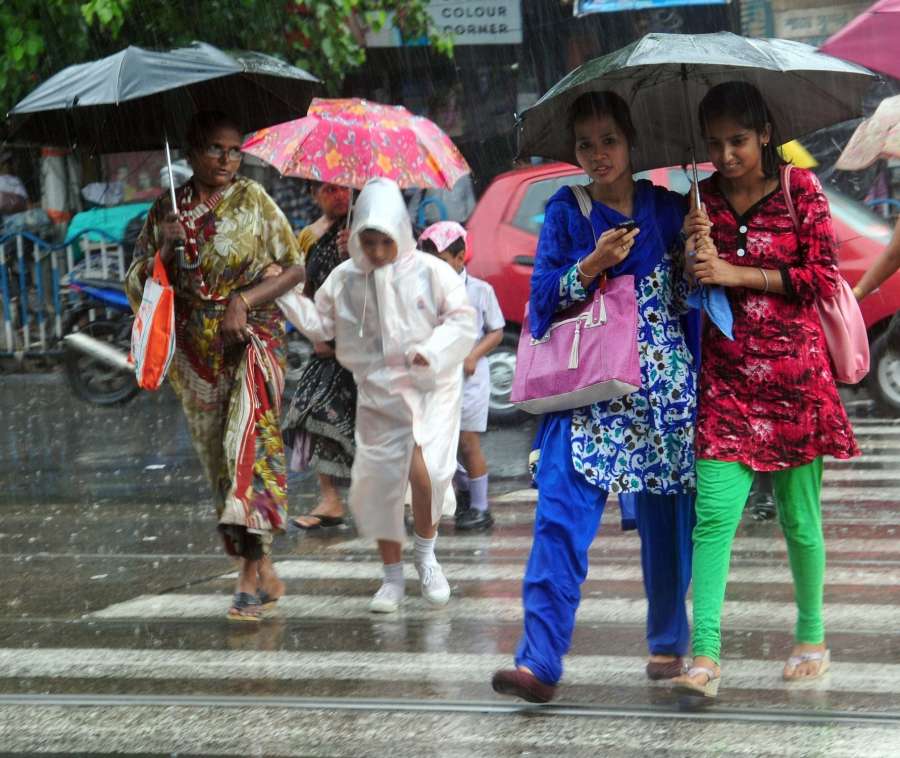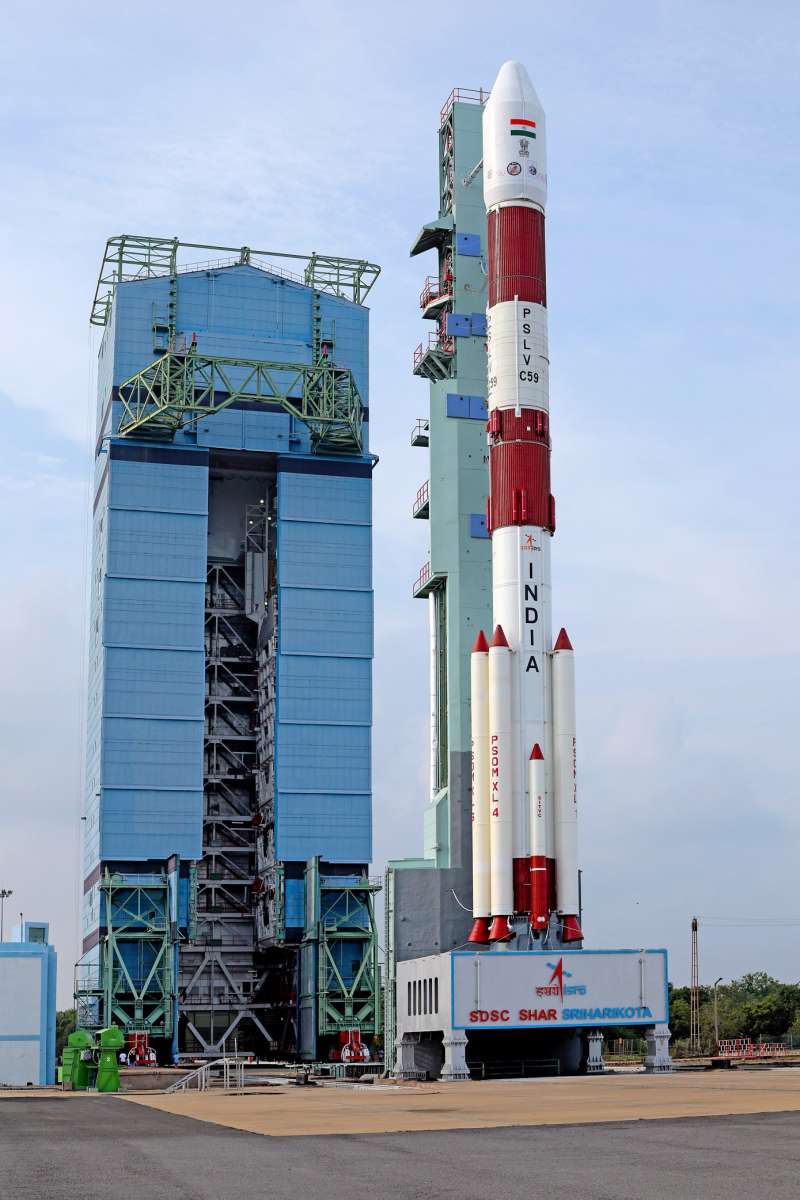Leaving aside the simile that markets have cooled off with the onset of monsoon, the fact remains that monsoon was delayed. Did it impact the markets? Certainly not, as is scaled new heights…writes Arun Kejriwal
Mumbai is the financial capital of the country and currently things are extremely hot here on two counts — firstly, stock markets are trading at new lifetime highs; and secondly, the monsoon seems to be delayed.
Part of the delayed monsoon could be attributed to the recent cyclone ‘Biparjoy’ which made landfall in Saurashtra and parts of Gujarat and was quite devastating. As an effect of the cyclone, it did bring rain to parts of Maharashtra and Rajasthan, besides Gujarat, but this was not part of the monsoon. On the contrary, Biparjoy pushed back the monsoon.
Markets seem to have cooled off on Friday and lost further ground to the losses it suffered on Thursday. Suffice to say that there was a cooling effect. A day later, Mumbai had monsoon showers and these too have had a salutary effect on the temperature.

Leaving aside the simile that markets have cooled off with the onset of monsoon, the fact remains that monsoon was delayed. Did it impact the markets? Certainly not, as is scaled new heights.
Markets have become mature enough to realise that India is a large country and can be compared to a continent.
To expect precision accuracy in the onset of monsoon, its arrival dates, the intensity of rainfall and the withdrawal of the same cannot happen as ideally desired. Predicting trends is easier but not the outcomes.
Markets realise these factors and do not react in a knee jerk reaction to the same. They look at many more factors before pressing the panic button. This maturity is being seen that even though there has been a delay of about three weeks in Mumbai, markets were at a lifetime high.
Could the situation worsen? Could the market get nervous? Yes and why not? If the progress of the monsoon is weak and say in the next two weeks it does not cover large parts of the country. If it starts affecting the sowing of seeds and the ground reality indicates that the major crop wheat and rice would get affected.
It is when such reports start emanating that markets would get worried. This would affect the economy, the GDP, inflation, rural demand and disposable income at the bottom of the pyramid. Markets would take cognizance of events and react accordingly. In this case it would be in a negative manner.
Even in the past there have been instances when the monsoon has been delayed and then revived.
This time around there is a mixed view with a private meteorological company saying that the monsoon would have an El Nino effect while the IMD maintains we would have a near normal monsoon. It’s very clearly early days and there is quite some time to go before the issue and outcome would be known.
Suffice to say that with the global warming scenario, there would be twists and turns in the matter on hand before the same ends.
Further, technology allows the farmer to get additives which can take care of his sowing with the changed scenario of rains and suit the same to the shortened rain cycle or lower expected cycle.
In conclusion, post the markets taking a breather over the last couple of days, rain gods also have obliged and the monsoon has broken over Mumbai and Maharashtra.
It’s still early days and the situation needs to be closely watched, but some part of the delay could be attributed to Cyclone Biparjoy. Finally, in terms of delay, we have not yet reached the 11th hour and the situation is well within the means to be more than made up.
Let us keep our fingers crossed and hope that the monsoon continues to advance hereon.







